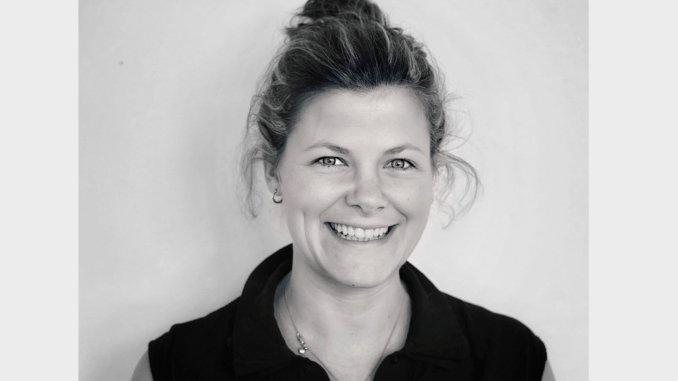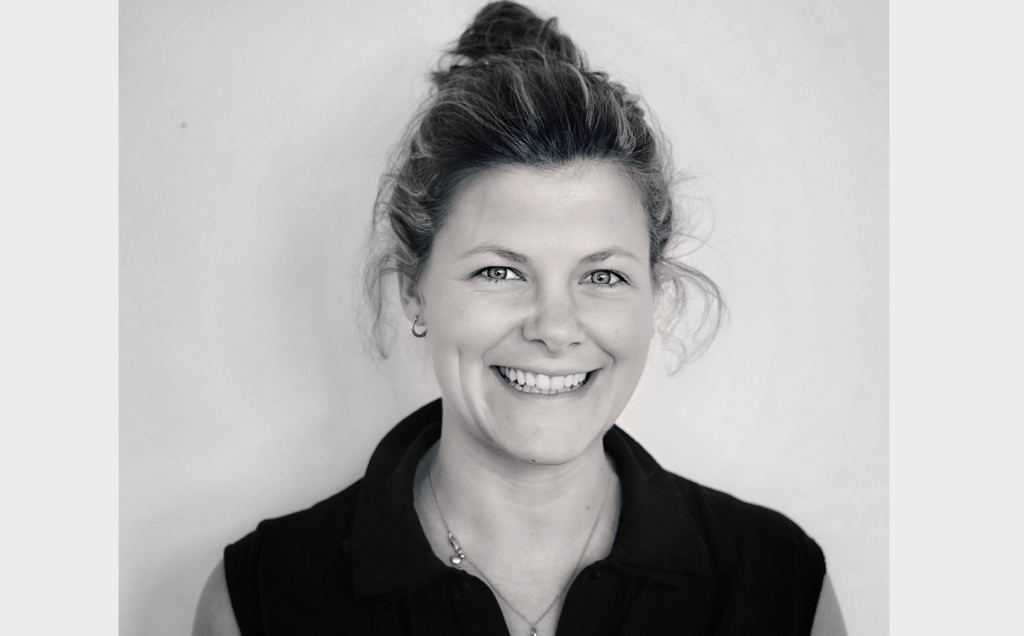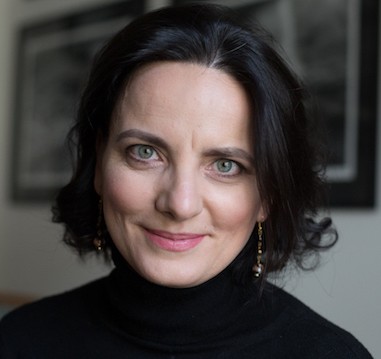
Female Founders: Mary Bonsor – F-LEX
Welcome to the third interview in our Women in Law – Female Founders series by Dana Denis-Smith. This time Dana speaks with London-based former lawyer Mary Bonsor, CEO and co-founder of paralegals on demand business, F-LEX.
In this interview Mary shares her experiences on addressing key business issues as a female founder in the legal sector and what it’s been like to build a startup and to fundraise.
—
Hi Mary, first things first. What is your business story?
When I was a law student, I was desperate for relevant legal work in my holidays and studied for the graduate diploma in law and legal practice course. I then qualified into a firm based next to a law school and realised that litigation work was all about peaks and troughs.
I would always see law students outside my window and think, if only I could get in touch with them to help me. That was the lightbulb moment that started F-LEX – a platform to connect pre-approved law students to law firms and general counsel for a flexible, on-demand service.
How would you describe your company’s growth in just three key figures?
– Our team has gone from 3 co-founders when we launched to 18 staff; we have over 3,000 paralegals on our platform
– 40 is the largest number of paralegals provided in one project with less that 12 hours’ notice
– £635,000: we closed our latest round of funding in November 2018
What are your thoughts on the state of the legal industry as a whole?
The legal sector is undergoing a huge wave of change and there is quite a bit of uncertainty ahead. There’s been a huge rise in alternative legal providers and the number of lawtech companies.
Also, a huge rise in startup incubators and even law schools are looking to create courses to give students the right skills when they enter the sector. Not to mention that no one really knows what impact AI will have on the legal space yet.
Describe your role and responsibilities in the business now?
I am the CEO of F-LEX. This started off as meaning that I was a Jack (Janet?!) of all trades, a sales person, an accountant, a project manager and a lawyer. However as our company has grown, I have focused more on strategy, sales and management.
What has been your experience of being a female founder in the legal sector?
There were three of us at the start – me, James Moore and Jimmy Vestbirk. After a few months, Jimmy went off to run Legal Geek but we remain on very good terms. I did realise that this outcome was very lucky and I would certainly say to founders to make sure that when they start a business, everyone is on the same page.
I have to say, I would have found this very difficult on my own. James is very commercial and so could do all the “money stuff”. The statistics show how hard it is for female founders to raise funds so I feel very lucky to have James by my side!

How many rounds of funding have you had?
We’ve been through two rounds of fundraising. Fundraising is a bit of a full time job and takes up a lot of time, as you want to make sure your investors are right for you, just as much as trying to persuade them to give you their cash! So although we didn’t need to fundraise, we decided to do it to give us some extra room to grow faster.
What were the best/worst questions investors asked you as you fundraised?
We were fairly lucky in that all bar one of our investors from the first round wanted to invest more, which made it quite an easy process and we went with Angel investors. We did speak to some VCs who said that we were not “being ambitious enough” and we should try and conquer the world in the next year, rather than just focusing on UK expansion.
I think being a risk averse lawyer, it sometimes feels a bit odd to over promise the world when going down the VC route and I would much rather be cautious in growth plans so we don’t disappoint our investors but can please them!
What has been the most challenging and the most rewarding aspect of your job?
It’s been really rewarding to watch our company grow! I love hiring great people who also share the same vision – we would not succeed without them all! I also love helping students get experience. I am always very happy when a paralegal secures a training contract once they have done work through us. It also means we please our clients too, so it’s a double win.
Most challenging? I really hate it when we get let down by a paralegal which then disappoints a client. Trying to persevere and stay positive when you have those days where everything goes wrong!
What’s in store in 2019?
The year has started with a bang, we have record sales and have some exciting new hires to announce. You can expect to see us to continue to grow, with the opening of a new office and a new offering of flexible junior lawyers.
What’s the growth target for 5 years from now and how do you see your role change?
We would like to be 5 times the size, with offices across the UK and potentially internationally. We would also like to be offering junior lawyers to our clients and helping paralegals qualify through our SQE diary which we are building into our portal.
My role will probably become less about the day to day operations and far more about strategy, hiring the right people and trying out new ventures! Exciting times ahead!
Mountain or beach?
Beach, hands down, with a cocktail in hand!
—
About: Mary Bonsor, Co-Founder and Chief Executive Officer, F-LEX
Mary Bonsor is the founder and CEO of F-LEX. F-LEX is an online platform to connect pre-approved law students to law firms and general counsel for a flexible, on demand service. She was a property litigation solicitor at Winckworth Sherwood prior to setting up F-LEX and a school governor who is passionate about legal education.
And,

In 2014 she founded a unique history project – first100years – charting the journey of women in law through a video social history, @first100years.